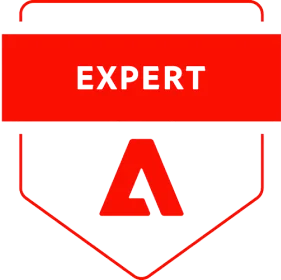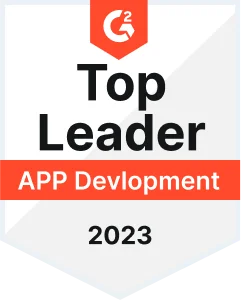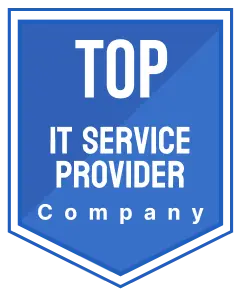Have you ever felt stuck in a project because your team lacked the right expertise at the right time? This challenge is becoming increasingly common as businesses face a growing skills gap — a situation where companies struggle to find professionals with the specialized skills needed to meet their evolving demands.
The pace of technological advancement, coupled with rapidly changing industry trends, has widened this gap. While traditional hiring may seem like the natural solution, it often comes with financial risks, extended timelines, and long-term commitments that startups and growing businesses may struggle to manage.
For businesses seeking agility, a more flexible approach is crucial — one that allows access to dedicated development resources for agencies and businesses without long-term obligations. This is where solutions like hiring dedicated resources, outsourcing, and staff augmentation come into play.
So, how can businesses efficiently bridge the skills gap and meet project demands without locking themselves into permanent hires? Let's break it down.
Understanding the Skills Gap: What’s Really Happening?
The skills gap is not just about some shortage of talent — it's about businesses failing to access specialized skills at the right time. Several reasons have piled on this growing problem:
1. Rapid Tech Advancements
Emerging technologies such as AI, machine learning, and cloud computing are advancing quicker than many professionals can upskill. Teams lack the capability to effectively deal with new systems/platforms/ or tools.
2. Evolving Industry Demands
Customer expectations change, and companies are ever more pressured to provide innovative solutions faster and faster. Similarly, a business will have to adapt constantly as industries shift — but it must do so by acquiring new expertise, which is not always found internally.
3. Outdated Skill Sets in Existing Teams
Even some of the most experienced employees cannot attain the level of keeping modern development frameworks, coding languages, or marketing strategies fresh in their minds. Surely, without continuous upskilling, the business would eventually lag behind.
4. Impact on Business Growth and Innovation
This narrow, prolonged skills gap would restrict progressively growing innovation, delay project delivery, and lower customer satisfaction rates. A project may stall for lack of specific technical capabilities; thus, businesses lose the ability to meet market demand efficiently.
The Challenge with Long-Term Hiring Solutions
When the skills gap gets serious, most organizations turn their attention toward the full-time hire. While it's sane, this practice often comes with some pretty huge pitfalls:
1. Full-time suffered Costs for Niche Hires
Hiring expert professionals, to talk about niche hiring, brings massive costs, both financially and otherwise. These are the costs of the entire process, which includes recruitment, training, and employee benefits.
2. Prolonged Recruitment-Affect Long-Term Project Schedules
The time-to-hire for complex roles can take months, and it significantly affects timelines of projects. Hence, the long-term hiring model does not really fit fast-moving companies in terms of speed.
3. The Hidden Cost to Employee Turnover at Specialized Roles
Even after investing time and money into recruitment, businesses risk losing specialized employees to competitors, leaving gaps in ongoing projects.
For businesses aiming to scale quickly or meet urgent project needs, relying solely on full-time hiring may prove inefficient.
Bridging the Gap with Flexible Solutions: What Are Your Options?
Adopting flexible solutions would entail addressing the skills gap without a long-term commitment. Senior managers can explore these flexible solutions:
1. Staff Augmentation: Bringing Experts Without Permanent Commitments
Staff augmentation allows organizations to have an addition of specialized talent right into their teams for specific projects or periods.
This is especially ideal for start-ups, as well as tech companies, and agencies that require niche know-how for short-term purposes.
- Immediate Access to Niche Skills: With dedicated resources, businesses can quickly onboard professionals who specialize in required technologies, minimizing training delays.
- Ideal for Tech Projects, Startups, and Growing Businesses: Staff augmentation ensures flexibility, allowing businesses to expand their teams temporarily to meet project demands.
2. Freelancers vs. Dedicated Teams: Choosing the Right Model
Freelancers and dedicated development teams both offer flexible solutions, but the right selection will depend on how complex your project is.
- When to Hire Freelancers: Best suited for one-off tasks, smaller projects, or creative roles. However, reliability and long-term availability can be concerns.
- Why Dedicated Teams Offer Better Control and Reliability: For very complex, ongoing projects, the dedicated development team model ensures consistency, better communication, and enhanced accountability of projects.
3. Outsourcing Specialized Tasks: Strategic Solutions for Scaling Fast
Outsource specialized tasks, or otherwise. Businesses can hand off some of their specialized tasks to external experts.
For example, businesses would outsource the web development, data analysis, or cybersecurity functions to specialized experts, removing the long-term commitment.
Key Benefits of Flexible Talent Solutions
There are many advantages to flexible talent strategies:
1. Cost-Efficiency: Pay for Skills When Needed
Rather than keeping a full-time team on board for trivial tasks, businesses can use that talent whenever required. This will help optimize budgets and cut down on overheads.
2. Faster Project Execution: Reduce Hiring Delays
With dedicated development team services, businesses can avert the commercial ordeal of lengthy recruitment processes and hence preserve project timelines.
3. Accessing Global Talents: No Geographic Barrier
Flexible hiring models give companies access to globally renowned talents. This, in turn, expands the talent pool in glaringly ensuring access to special talents that may not even be available domestically.
4. Scalability and Flexibility: Expand or Contract Dedicated Teams as Needed
Flexible models such as staff augmentation, or dedicated teams allow companies to scale the workforce according to project demands—perfect for startups or companies dealing with fluctuating workloads.
5. Reduced Training Time: Bring in Experts Who Are Ready to Deliver
In contrast to the conventional hire, dedicated professionals will come equipped with skill sets that allow them to start contributing the moment they set foot on the project. That shortens onboarding time and thus accelerates project delivery.
How WebOConnect Can Help You Cover the Skills Gap
WebOConnect provides dedicated development resources for agencies, startups, and enterprises, hence enabling businesses to acquire grade-A development resources. Here is how we help:
1. Expertise in Putting Access to Specialized Talent
The experts we connect you with are developers, designers, and IT specialists who have vast experience handling complex projects in various industries.
2. Flexible Hiring Models for All Kinds of Project Needs
WebOConnect customizes solutions depending on your project goals, whether an ongoing basis dedicated development team or short-term specialists for task execution.
3. Seamless Integration with Your Existing Team
Our experts fit in quickly and effectively into your internal processes, ensuring uninterrupted collaboration with minimum interference.
4. Proven Success Stories in Tech, Healthcare, and Startups
We helped close the gap across industries with reliable, high-performance talent.
Looking to access specialized talent without the burden of long-term hiring? Partner with WebOConnect to bridge your skills gap effectively and scale your projects with confidence.
Conclusion
In Conclusion, The growing skills gap demands smarter solutions — and flexible hiring models are the key to staying competitive. By adopting strategies like staff augmentation, engaging dedicated teams, or outsourcing specific tasks, businesses can access specialized talent without committing to costly, long-term hires.
If you're navigating project delays or facing skill shortages, flexible hiring is your pathway to faster delivery, improved innovation, and sustained growth.
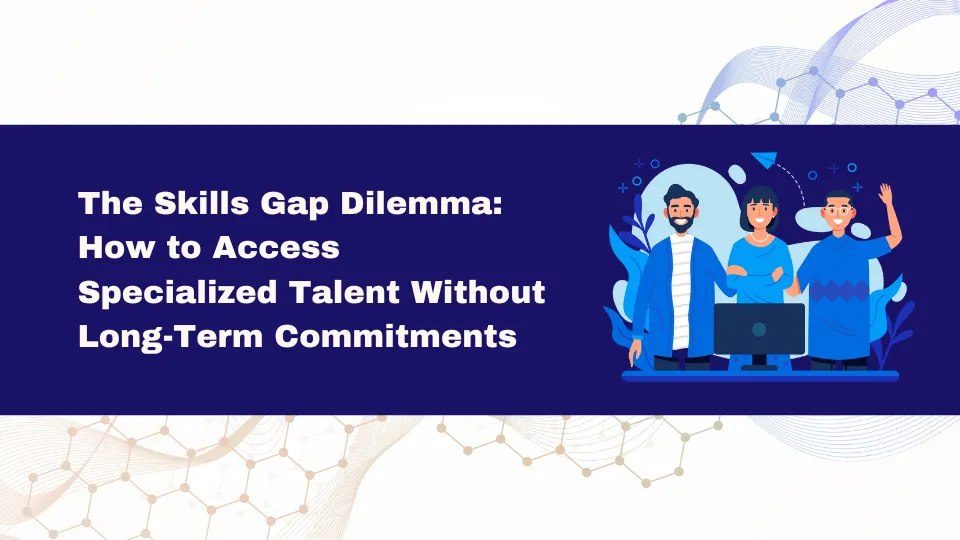
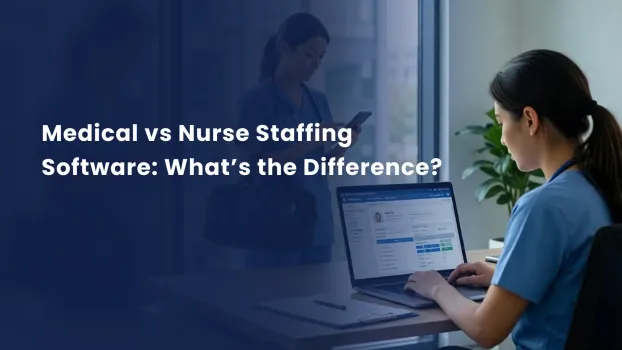
_thumb.webp)
_thumb.webp)



